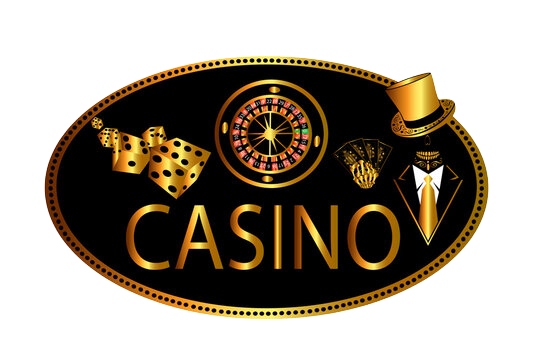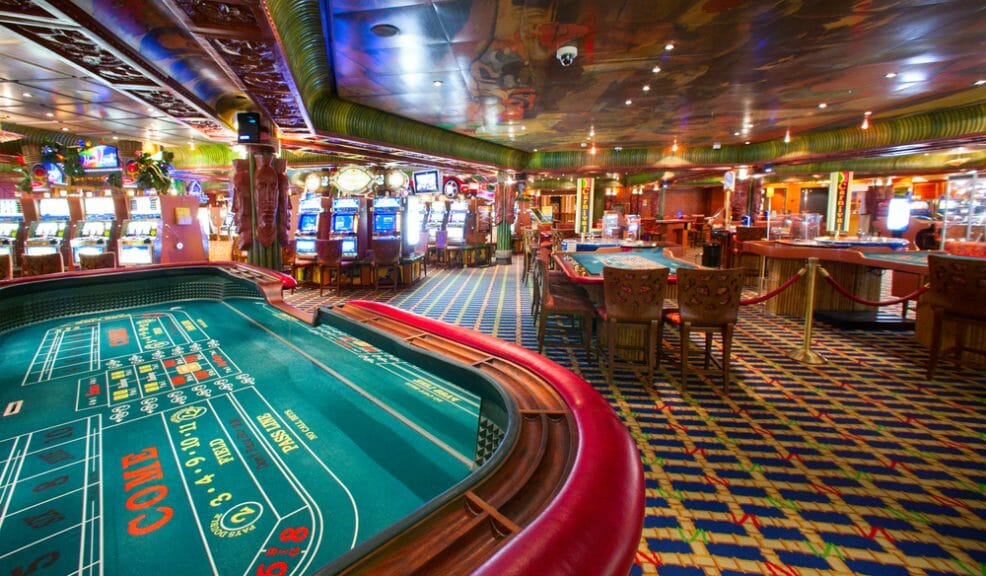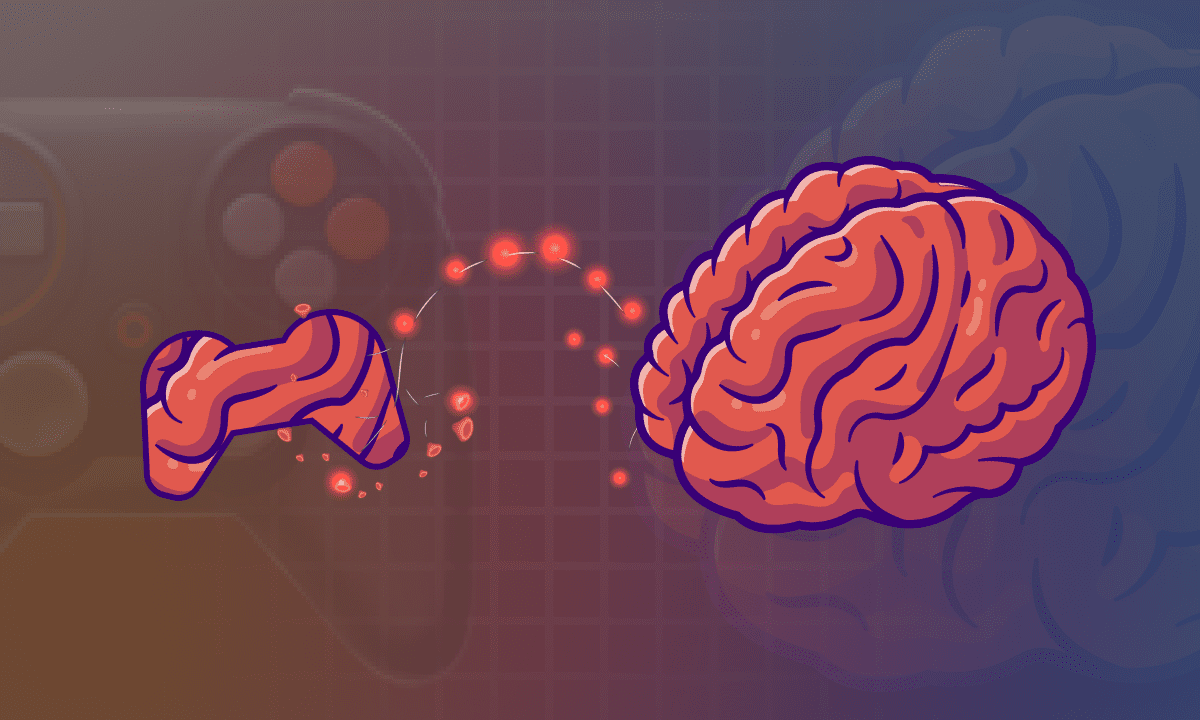The Intriguing Allure of Uncertainty
The Excitement of Risk and Reward
One of the primary reasons why gambling is so enjoyable for many individuals is the exhilarating blend of risk and reward. Human nature is fascinated with uncertainty, and gambling offers the perfect stage for this enthralling interaction. The prospect of winning big and the suspenseful anticipation of potential losses create an adrenaline rush that keeps players returning for more.
Psychological Factors at Play
Psychological factors play a significant role in the enjoyment of gambling. The human brain is wired to seek novelty and excitement, and gambling offers precisely that. The possibility of a life-changing jackpot or the thrill of beating the odds activates the brain’s pleasure centers, releasing dopamine—a neurotransmitter associated with pleasure and reward. This chemical reaction fuels the pleasurable sensations experienced during gambling, enhancing the overall appeal and making it an enticing activity.


